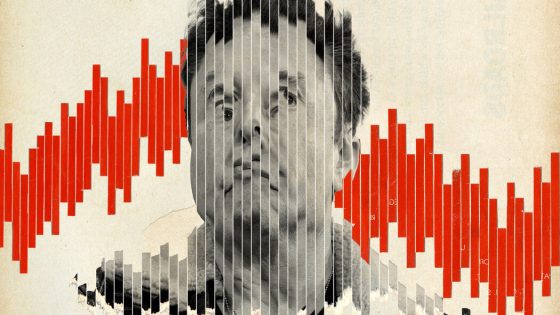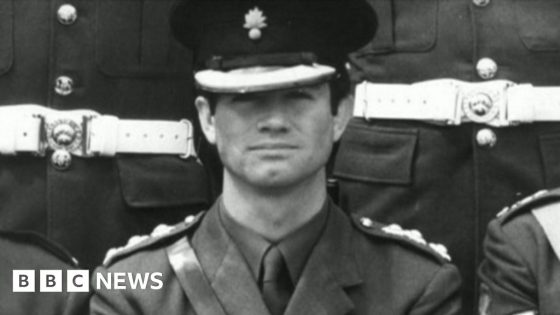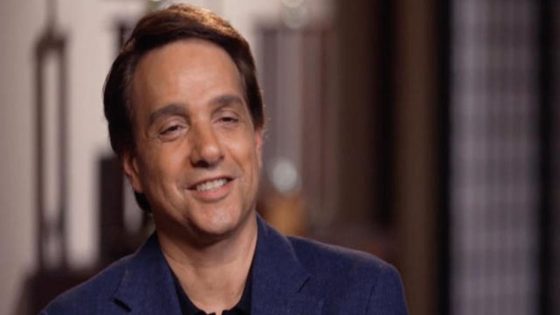Under Elon Musk’s leadership, Tesla popularized electric vehicles and became the most valuable auto company in the world. Mr. Musk became a billionaire many times over while generating huge profits for investors.
Even so, Tesla’s shareholders may decide this week that Mr. Musk has been paid too much.
In a vote whose results will be announced on Thursday, the investors could strike down a compensation package — paid in stock options and currently worth $45 billion — that makes up a substantial portion of Mr. Musk’s wealth.
With it, he is the probably richest person in the world, worth well over $200 billion. Without it, he could rank behind other billionaires like Jeff Bezos of Amazon.
Shareholders approved the pay formula in 2018 but are voting on it for a second time because a judge in Delaware voided the package in January. She ruled that Mr. Musk had largely dictated the terms to a board of directors stacked with close friends, people he made rich and his brother.
Tesla’s board is asking shareholders to ratify the package again in hopes of getting the court to reinstate it.
For Mr. Musk to get all the options, Tesla’s sales, profits and stock market value had to grow to heights few thought possible in 2018. Many investors believe that Mr. Musk deserves every penny.
“Without his relentless drive and uncompromising standards, there would be no Tesla,” Ron Baron, chairman of Baron Capital, an investment fund manager, said in a letter urging fellow shareholders to reapprove Mr. Musk’s pay package. “Tesla is Elon.”
But the vote is expected to be close. Many of those opposing ratification contend that the award was too large.
Norges Bank Investment Management, which manages Norway’s oil wealth and is the largest sovereign wealth fund, said last week that it had voted against the deal. “We remain concerned about the total size of the award,” Norges Bank said in a statement.
The debate about Mr. Musk’s stock award raises questions about the limits of executive compensation and the accountability of Silicon Valley billionaires whose wealth gives them vast influence. Besides being Tesla’s largest shareholder, Mr. Musk owns the social media site X and the rocket company SpaceX, which ferries NASA astronauts to the International Space Station.
Some say an endorsement of the award would weaken laws designed to protect shareholders. The significance “goes way beyond Elon Musk,” said Charles Elson, founding director of the Weinberg Center for Corporate Governance at the University of Delaware. “If he can do it, why not anybody else?”
In addition to Norges Bank, several of Tesla’s largest shareholders have said they will vote against the pay package, including the California Public Employees’ Retirement System, or CalPERS, the largest pension fund in the United States.
“When billionaires are allowed to flout the rules, normal people suffer,” Brad Lander, the New York City comptroller, told reporters last week. Mr. Lander oversees public pension funds that own Tesla stock worth more than $620 million.
The bar for approval is high. To survive legal challenges, the measure requires approval from a majority of voting shares not including those held by Mr. Musk or his brother, Kimbal Musk.
How did the package become so valuable?
The dispute revolves around a deal that gave Mr. Musk options for up to 12 percent of Tesla’s outstanding shares at the time. To collect, he had to hit demanding revenue or profit benchmarks and increase the company’s stock market value to $650 billion.
Most of these targets were thought to be out of reach in 2018 because Tesla was struggling. Soon after, though, Tesla’s business took off, and its market value peaked at $1.2 trillion in 2021. It has since fallen to $545 billion. Under the plan, the market value remained above the $650 billion target long enough for Mr. Musk to collect the options.
With the 2018 pay award, Mr. Musk owns 20.5 percent of Tesla, and just under 13 percent without.
Why are shareholders voting on this again?
The Tesla board is reacting to a ruling by Chancellor Kathaleen St. J. McCormick of the Court of Chancery in Delaware, where Tesla is registered as a corporation. In January, Chancellor McCormick agreed with a group of disenchanted Tesla shareholders who contended in a lawsuit that the 2018 pay package was wildly excessive.
Shareholder approval a second time might help address Chancellor McCormick’s finding that the 2018 vote was tainted because members of the board failed to disclose conflicts of interest stemming from their personal and financial ties to Mr. Musk. She also found that the board had exaggerated how difficult it would be for Mr. Musk to meet the milestones required for him to collect the stock options.
A new shareholder vote with better disclosure “takes that argument off the table,” James Murdoch, a board member, said in a video on a Tesla website.
Legal experts are less certain. “That may influence the court, but it’s unclear,” said Samantha Crispin, chair of the corporate department at Baker Botts, a law firm based in Texas. “There’s no hard and fast rule.”
Tesla has acknowledged in a regulatory filing that a yes vote “may not fully resolve the matter.”
Why does Tesla’s board want Musk to have the money?
Robyn Denholm, the chair of the Tesla board, argues that since March 2018 investors have earned a return of more than 1,000 percent because of Mr. Musk’s leadership, and that the company is honor bound to give him what he was promised.
“Elon’s unique contributions have built Tesla from a company that was, in 2018, a loss-making, ambitious company with significant hurdles and challenges to overcome into what it is today — a company that is literally changing the world,” Ms. Denholm said in a letter to shareholders last week.
Tesla’s Model Y sport utility vehicle is the best-selling car in the world, and Tesla accounts for half the electric cars sold in the United States. “He succeeded spectacularly and should be rewarded accordingly,” Cathie Wood, chief executive of Ark Invest, said on X. Tesla is among the biggest holdings for several Ark funds.
Why are some shareholders opposed?
Mr. Musk’s critics acknowledge that Tesla forced the rest of the car industry to focus on electric vehicles. But some shareholders are unhappy with Tesla’s recent financial performance. Sales and profit have declined, and the company has lost market share.
Some shareholders complain that X, which was Twitter when Mr. Musk bought it in 2022, has distracted him from running Tesla at a critical time. All that money may have even been counterproductive, some say, because it allowed him to pay about $44 billion for Twitter in the first place.
“The 2018 pay package really did nothing to focus Elon Musk on Tesla,” Tejal Patel, executive director of SOC Investment Group, which has close ties to organized labor, told reporters last week. “If anything, it unfortunately enabled him to pursue even more outside business opportunities.”
Another criticism is that Tesla’s board is simply resubmitting the 2018 pay package without any new conditions. “It’s not going to create any incentives,” said Michal Barzuza, a professor at the University of Virginia School of Law. “It’s retrospective.”
Ms. Denholm has noted that Mr. Musk cannot sell the shares he receives for five years, giving him a powerful incentive to stay focused on Tesla.
What else is on the ballot?
The board is also asking shareholders to approve moving Tesla’s corporate registration to Texas, the location of Tesla’s largest factory, saying Delaware courts have been unfair. But the lawsuit against Tesla and Mr. Musk in Delaware would remain a matter for Delaware courts.
If the pay package fails, will Musk have been paid nothing?
That is the argument Ms. Denholm is making. But Mr. Musk has become fabulously wealthy from Tesla shares he owns, which are worth more than $70 billion even excluding the ones he would get from the pay package.
Mr. Bezos of Amazon and Mark Zuckerberg of Meta became billionaires from the initial stakes in the companies they started — and didn’t receive large pay awards later.
The shares Mr. Musk already owned “provided a powerful incentive for Musk to stay and grow Tesla’s market capitalization,” Chancellor McCormick wrote.
What happens if shareholders reject the pay package?
That could happen. Tesla’s second-largest shareholder, Vanguard, voted against the pay deal in 2018. BlackRock, the third largest, voted for it. Both declined to say how they were voting this time.
Tesla shares would probably fall on fears that Mr. Musk would leave the company, analysts at Bernstein said in a note to clients on Monday. Ms. Denholm has not discouraged speculation that a no vote would cause Mr. Musk to pay less attention to Tesla or even quit.
“If Tesla is to retain Elon’s attention and motivate him to continue to devote his time, energy, ambition and vision to deliver comparable results in the future, we must stand by our deal,” she said in her letter to shareholders.
Source Agencies




